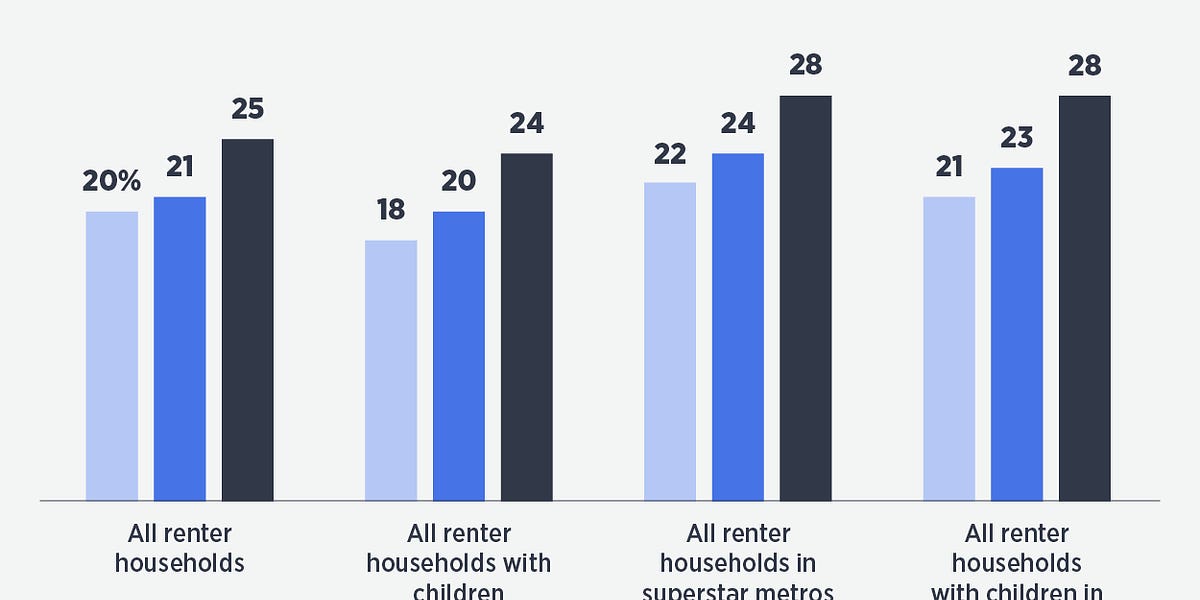
Library Fires Have Always Been Tragedies. Just Ask Galen.
Though less famous than the burning of the Library of Alexandria, the great fire that tore through central Rome in 192 CE resulted in a similarly profound loss for ancient Greek and Roman scholarship. The true cost of this fire became clear to historians in 2005, when a text believed lost for centuries was unexpectedly rediscovered in a Greek monastery. Titled “On Consolation from Grief” and written in the aftermath of the blaze by Galen—court physician to several Roman emperors—the work does more than chronicle an unfortunate accident. As classicist Matthew C. Nicholls shows, it offers a rare and poignant glimpse into the lost world of ancient public libraries.
The three lost libraries Galen describes, all located in close proximity to each other on Rome’s Palatine hill, shared some important characteristics. In a world without printing presses or photography, a crucial function of imperial public libraries was to safeguard authoritative versions of important texts—ideally the original manuscripts—that scholars like Galen could consult and copy with confidence. Some texts were stored in special collections assembled by a notable individual, while others appear to have been shelved by subject. Galen boasts of finding inconsistencies and errors in the catalogues used as finding aids, suggesting that patrons were free to browse shelves on their own, without a librarian’s supervision.
Another feature shared by the Palatine libraries is that they did not permit their holdings to leave the premises (although, as Galen tells us, one library had a certain guard who could be bribed to turn a blind eye to patrons pilfering texts). Unable to check books out, scholars would have had to either conduct their research at the library or produce their own copies of texts to take home with them. Either activity would have required plenty of workspace, good light, and long hours. The need for books to remain on-site also had effects outside the library walls: for convenience, many scholars rented nearby storage space for their personal books and research materials. In consequence, the neighborhood’s streets were full of scholars debating and booksellers hawking their wares.






















